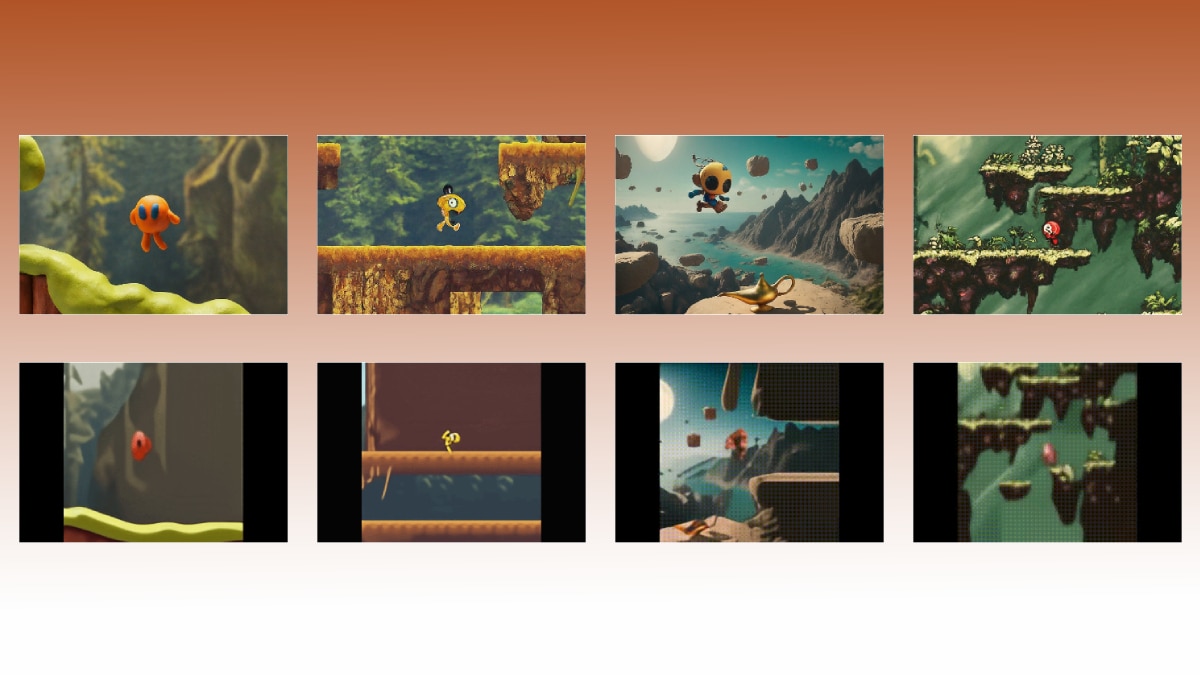In a move set to redefine the landscape of gaming and creative ventures, Google’s DeepMind team has introduced “Genie,” a groundbreaking AI model.
Unveiled by the Open-Endedness Team at Google DeepMind, Genie represents a significant advancement in artificial intelligence (AI) technology. It presents itself as an innovative platform capable of generating interactive 2D video games from either a single image prompt or a text description.
Unlike previous AI models, Genie operates on a novel principle, drawing insights from a vast dataset comprising 200,000 hours of unlabelled video footage predominantly from 2D platformer games. Through observational learning rather than explicit instruction, Genie discerns patterns and interactions within the videos, enabling it to transcend traditional limitations and craft immersive gaming experiences from minimal input.
ALSO READ: ABCs Of No-Code: Easy Guide On How To Create Apps Without Technical Jargon
The mechanics behind Genie’s capabilities unfold in three distinct stages:
Video Tokenizer: This foundational stage breaks down complex video data into manageable “tokens,” akin to a skilled chef meticulously preparing ingredients.
Latent Action Model: Similar to a culinary connoisseur, this stage analyzes transitions between frames to identify fundamental actions crucial for gameplay, such as jumping, running, and object interaction.
Dynamics Model: Likened to a creative chef orchestrating flavours, this stage predicts subsequent frames based on current gameplay, ensuring a seamless and dynamic gaming experience.
While Genie showcases immense potential, it still faces constraints such as limited visual quality and restricted access.
Meanwhile, Google’s CEO, Demis Hassabis, announced plans for the relaunch of its AI image generation tool in the coming weeks. This decision follows the temporary suspension of the tool due to inaccuracies detected in historical depictions generated by Google’s Gemini AI models.
Speaking at a panel discussion during the Mobile World Congress (MWC) in Barcelona, Hassabis stated, “We have taken the feature offline while we fix that. We are hoping to have that back online very shortly in the next couple of weeks, few weeks.” He acknowledged that the tool’s performance did not meet expectations, leading to its suspension.
Source link
credite

